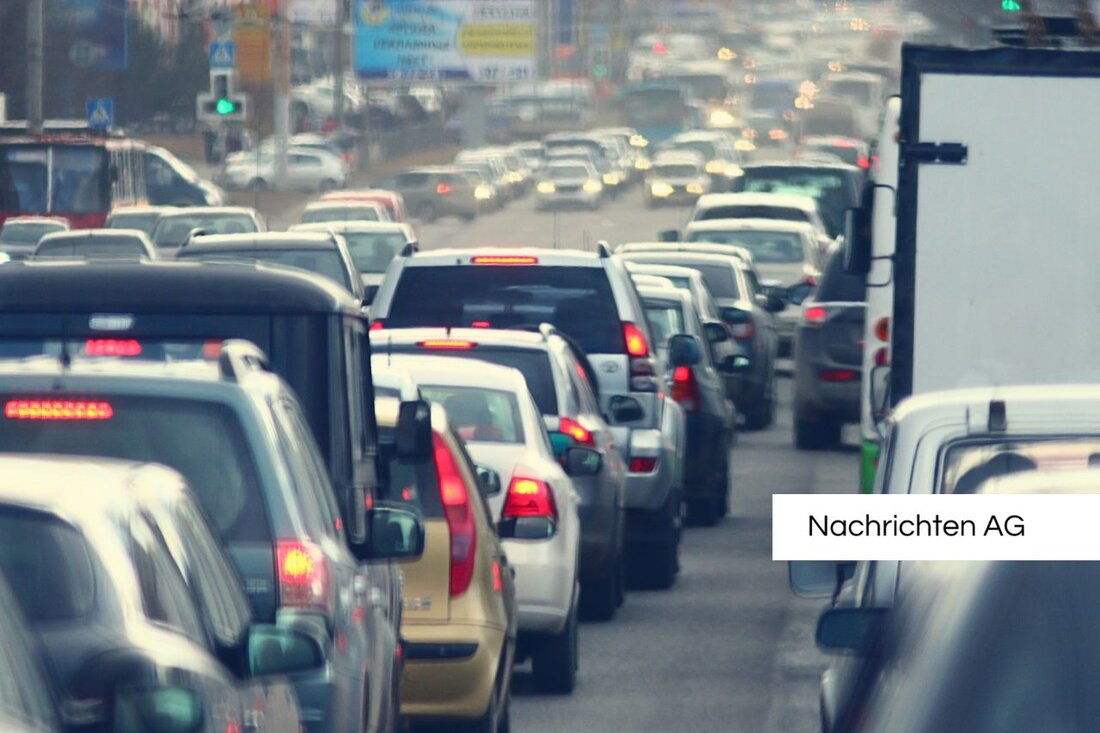Shock in Lötschental: Rain and glacier drama endanger Blatten!
After a glacier collapsed in Lötschental, Switzerland, concerns about rain and mudslides are growing. 300 residents were evacuated.

Shock in Lötschental: Rain and glacier drama endanger Blatten!
In the Lötschental, canton of Valais, Switzerland, there is great concern among residents after a dramatic glacier collapse. Rain is expected on Sunday, which could threaten the stability of a cone of debris that has buried the village of Blatten. According to oe24, this cone of debris with around nine million cubic meters of material, a third of which is ice, represents a concentrated risk for the region. The authorities warn that the already swollen Lonza, which partly flows through narrow concrete canals, could overflow its banks during floods, making the situation even more critical.
After 365 people have already been evacuated and many houses have been flooded by leaves, the measuring devices show a calm situation while smaller streams of water flow away. It is reassuring that no signs of debris flow or flooding were reported. But the situation remains tense as the communities of Gampel and Steg are already taking precautions for a possible further evacuation. These two places are about 20 kilometers down the valley from the buried village and are equipped with a dam where water was released to avoid flooding, as Die Presse reports.
Danger from climatic changes
The catastrophic events in Lötschental are not viewed in isolation. Scientists and experts refer to the increase in landslides and rock falls observed throughout the Alps as being linked to climate change. Professor Michael Krautblatter says that there has been an “absolute increase” in such events in recent years. Climate change is destabilizing permafrost, increasing the likelihood of landslides and glacier melt, explain geologist Flavio Anselmetti and other experts, as noted in a report by WDR.
The increased temperatures are contributing to the acceleration of snowmelt, which is increasing instability in many Alpine regions, emphasizes permafrost expert Jan Bag. The thawing of the permafrost layers allows water to circulate more easily, which promotes rock movements. These complex relationships put communities and their residents at great risk.
The situation in Lötschental currently remains tense and the authorities are monitoring the situation around the clock. While no further evacuation is planned at this time, the possibility of future action remains. Residents are hoping for stable weather conditions, while experts remain concerned about the impact of climate change.

 Suche
Suche
 Mein Konto
Mein Konto
